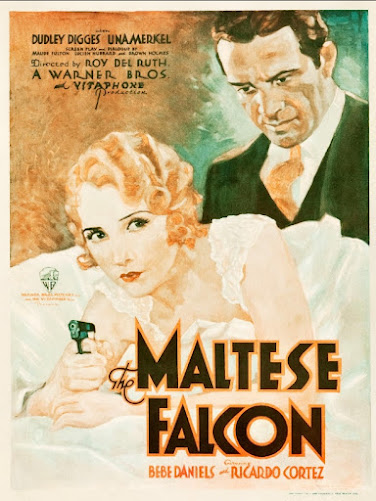Mildred’s heart is pierced by her daughter’s betrayal while her second husband is perforated with hot lead. Michael Curtiz transforms James M. Cain’s complex feminist character study into a violent film noir, displacing the Prohibition Era melodrama into the post-WWII purview, distilling each of the characters into their worst attributes. Though the film is much different in tone and style than the novel, the individual components are assembled into a coherent and anxious story bookended by a murder with a surprising revelation.
Mildred Pierce (Joan Crawford) is a single mother with two young daughters in a world of patriarchal values and opportunities that continue to elude her. Married at 17, her only skill (beside being a mother) is in the kitchen baking pies. So, she builds her empire upon the filling and pastry of her talent. Mildred is a success without the need for a man, though Wally (Jack Carson) her first husband’s business partner, sure puts the squeeze on her both physically and metaphorically. He’s a typically entitled male counterpoint to her dispassionate feminism. Mildred soon focuses upon playboy Monte Beragon (Zachary Scott) who has property that can become a solid crust for her pies, so to speak. And all of her energy and acumen is focused upon one goal: to provide wealth and social standing for her oldest daughter Veda (Ann Blyth). It’s no sin for a parent to want a better life for their children, but Mildred becomes willingly blind to Veda’s demanding and toxic personality. Wherein lies the fault, if it is a fault, for the film is populated by selfish and ignoble personalities, as if by textual alchemy each character is condensed from psychological complexities and into their deficiencies. Everyone is cold, passionless, selfish, or entitled. Mildred is a force of nature and with as much humanity as a hurricane, while Veda is a bad seed that one hopes is soon struck by lightning. The men are casually abusive in their allocation of power and privilege without complexity. The two exceptions are the youngest daughter Kay (Jo Ann Marlowe), an ingenue who dies of pneumonia, and Mildred’s friend Ida (Eve Arden) who speaks the truth with humorous insight.
DP Ernest Haller often frames the story in low angle with key lighting, giving the first and third act a classic noir style. Compositions of flickering light over a splayed corpse, a mirror shattered by gunshots, and dark lonely walk towards a watery purgatory are captured with tracking crane shots. The acting is full-on hyperbole, and Joan Crawford as the titular protagonist dominates every frame of celluloid. Truly, one can’t take their eyes off of her! A protagonist doesn’t have to be a good person; they must be interesting. Yet Joan Crawford imbues Mildred with a subtle humanity and humility even when she’s at her most impersonal. It’s one of her best roles and deserving of the Academy Award.
Ultimately, the true killer is revealed, and a life lesson is learned about consequences, by both mother and daughter.
Final Grade: (A)










